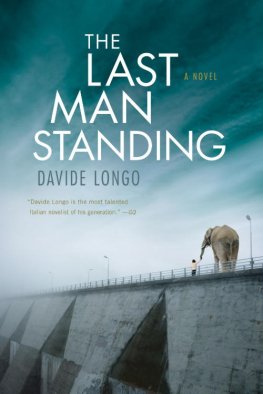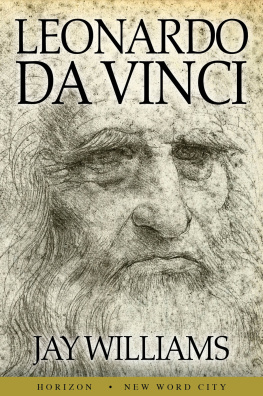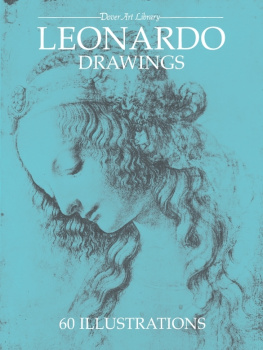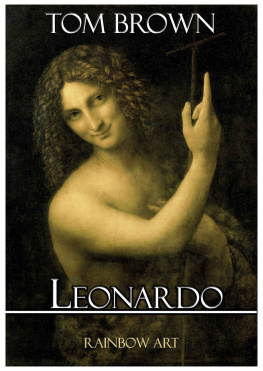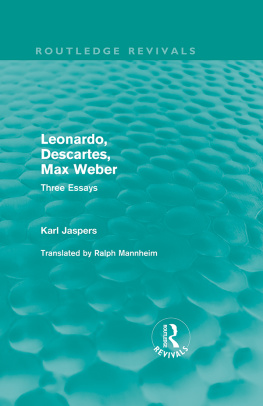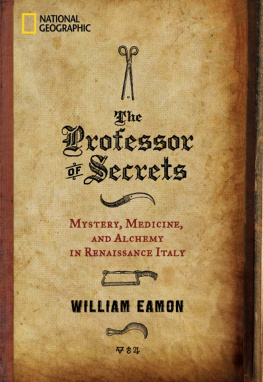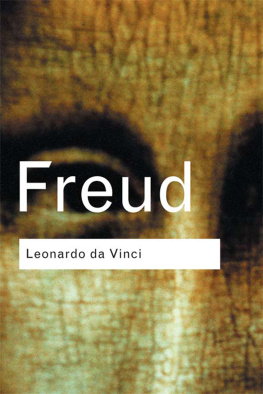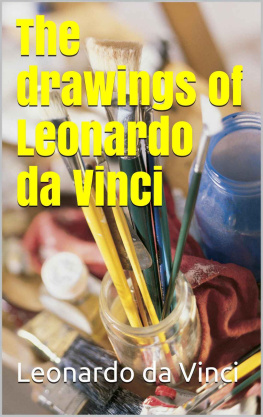Davide Longo
THE LAST MAN STANDING
Translated from the Italian by Silvester Mazzarella
Leonardo pushed back the curtain and took a long look at the courtyard where three cars were parked, one of which was his own. The open space was surrounded by a metal net three meters high with barbed wire at the top. The previous evening, though blinded by the light the guard had shone in his face, he had noticed the outline of the little tower, but he now realized it had been skillfully constructed from old advertising panels, sheets of metal, sections of railing, a shower cubicle, and a fire escape. One of the two searchlights above it was pointed at the courtyard and the other directed at the desolate emptiness beyond the fence.
He looked out at the flat fields covered with low bushes where the road stretched into the distance, with occasional bends despite the fact that nothing seemed to be in the way to make them necessary. The sky was a monotonous unmarked gray for as far as he could see it, reminiscent in every way of the last few days.
A man appeared in the courtyard.
Leonardo watched him slowly make his way to the cars and walk around them, peering through their windows: he had a leather jacket and trousers with big side pockets. He could have been about thirty; he had the compact physique of a rugby player.
Why not tonight? he thought, watching the man stop in front of the trunk of his Polar.
The man took a screwdriver or knife from his pocket and with a simple movement flipped open the trunk.
For a few seconds he studied the jerry cans inside as if trying to work out what might be in them, then unscrewed the cap of one and sniffed. When he was quite sure of its contents he replaced the cap, grabbed a can, closed the trunk, and went away just as he had come.
Leonardo let the curtain fall back and went to the bedside table where he had put his water bottle. Taking a sip, he sat down on the bed. He could hear steps from the corridor, and the noise of something with wheels being pushed toward the stairs.
That evening he had hesitated for a long time before deciding whether to leave the cans in the car or take them to his room, but after thinking the matter over for a long time he had come to the conclusion that all in all he had done the right thing, or at any rate the least wrong thing, and that if the cans had been in his room it would have been worse.
He went into the bathroom, took his toiletry bag from the shelf and put it into the duffel he was packing on the bed. He stowed the vest and pants he had been wearing before he showered in a side pocket, then slipped on his jacket and left the room, leaving the key in the door as he had been told to do.
Passing down the corridor he glanced at the pictures on the walls: dead pheasants on big wooden tables, baskets of fruit, and pewter pots. There was the still the pervasive odor of boiled vegetables he had noticed the previous evening, and after the rain that had fallen in the night the fitted carpet smelled of damp undergrowth.
An elderly woman was clutching the handrail on the stairs. When he asked her if she needed help, the woman, wrapped in a most unseasonable tailor-made wool costume, looked at him with total indifference as though he had been nothing more than the sound of a closing door, then turned her face to the wallpaper. Leonardo apologized, pushed past her, and went on down to the hall.
The surroundings, despite their gesso statue, artificial plant, and carpet covered with cigarette burns, had clearly had quite a different appearance only a short time before. He could see marks where shelves and brackets had been roughly stripped from the walls, and big lead pipes ran the length of the ceiling. The door to the courtyard was protected by a heavy grill, through which the cars and the entrance gate were visible. Occasional circles were spreading in the puddles, and he could sense that the air was already heavy and sultry.
Have the dogs been bothering you? the man behind the counter asked without looking up from the papers spread in front of him. He was no longer wearing the green sweater he had had on the previous evening when he had demanded payment in advance and shown Leonardo how to use the hot-water token for the shared bathroom.
There are packs of dogs all around the enclosure at night. Weve tried poisoning them, but it doesnt help.
Leonardo watched him sign a paper in a sloping hand. His shiny head looked as if he were in the habit of greasing it with fat and polishing it with a wool cloth every morning. A lot of postcards showing places that were now inaccessible had been clipped with clothes pegs to the metal frame of a bed propped against the wall behind him. On the counter you could still see where objects, now vanished, must once have stood. One space looked as if it might have held a computer at one time. A telephone had survived, even if no longer attached to any cable.
I think somethings missing from my car, Leonardo said.
The man turned to detach a couple of fuel tokens from the metal net and copied their code numbers into a register. When he had done this he took a pack of cigarettes from his shirt pocket and lit one. He took a puff and looked at Leonardo through the smoke.
Are you sure?
Yes.
Certain?
Absolutely.
The man dropped ash into a saucer with a picture of a saint on it. He had a leather armband around his wrist, and his right ear looked as if it had been chewed. Leonardo imagined these two facts must be connected in some obscure way that would have required time to figure out.
The guard was in the watchtower all night, the man said. No one could have gotten into the enclosure.
Yes, Im sure thats true.
The man studied Leonardos thin face and long, mostly gray, hair. He was probably reflecting that the man before him did not work with his hands and was physically inactive.
Then you must suspect the other guests, he said.
Leonardo shook his head.
No, not at all.
The man took in Leonardos frank gaze and then puffed out his cheeks as if this would help him to think. His eyes were the color of glass bottles that had spent years in a dark cellar.
Denis! he shouted loudly, then picked up his cigarette from the edge of the saucer and bent his bald head over his papers again.
A moment or two later a door opened behind him and the lad Leonardo had seen in the courtyard emerged.
My brother, the man behind the counter said without looking at either of them. He looks after security.
Seen close up, the lad looked younger than thirty. He had thick wool socks and the side pockets of his pants were full of short cylindrical objects.
This gentleman says somethings missing from his car, the bald man said.
The boy considered the tall body and narrow shoulders of Leonardo in his linen jacket, as if bewildered by a utensil that must have once been useful but had now become obsolete.
I was on guard all night, he said, and we havent opened the gate yet this morning.
There was no shadow of defiance on his face. Only the boredom of someone compelled to go once again through an overfamiliar rigmarole.
I dont doubt that, Leonardo said, but I also know that someones forced open the trunk of my car.
What have you lost? asked the boy.
A can of oil.
Motor oil?
No, olive oil.
Was it the only one you had?
No, I had four.
The boy was silent, as if all possibilities had been covered. His brother stopped writing.
If you like, we can call the police.
Leonardo thought about it.
How long would they take to get here?
We use a private security firm and they dont much like to be called out. Once we had to wait two days.
Leonardo looked at his own hands pressing on the desk: they were long, thin, and emaciated. The man continued to stare at him.

